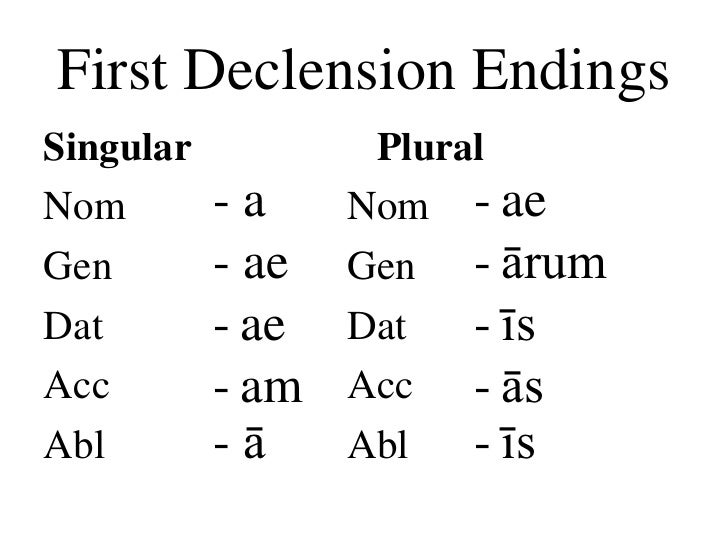

Originally it was the case that indicated the end or ultimate goal of an action.

The accusative case is the case for the direct object of transitive verbs, the internal object of any verb (but frequently with intransitive verbs), for expressions indicating the extent of space or the duration of time, and for the object of certain prepositions.

However, it is more satisfactory to consider the dative case as the case for the person who is interested (in a positive or negative way) in some action or activity, and the most common (and most accurate) translation of the dative case is "for." Consider: as I give the book, I might say "for you." This indicates that even in the idiom "I give the book to you", the giving itself is really "for you." The dative is common after verbs that indicate certain kinds of activities: favoring, obeying, pleasing, serving, envying, being angry, pardoning, ordering, and so on. This common usage gives the case its name: it is the case that pertains to giving. The dative case is most familiar to English speakers as the case of the indirect object, and the most common instance of the indirect object is the person "to or for whom" something is given: "I gave the book to her", "to her" would be in the dative case. To see a more detailed list of the Go to: Genitive Case.

See how the possessive case and the preposition "of" work in English. The construction is parallel to the English "I accuse you of treason." accuso te maiestatis. The most common are verbs of convicting, accusing and punishing.
#Latin endings practice driver
The genitive case is most familiar to English speakers as the case that expresses possession: "my hat" or "Harry's house." In Latin it is used to indicate any number of relationships that are most frequently and easily translated into English by the preposition "of": "love of god", "the driver of the bus," the "state of the union," "the son of god." The genitive case in Latin is also used adverbially with certain verbs. See the subject case in English, which is similar to the Latin nominative case. The subject is the person or thing about which the predicate makes a statement, and the name, "nominative," means "pertaining to the person or thing designated." In Latin the subject does not always need to be expressed because it can be indicated by the person and number of the verb. The nominative case is the case for the subject of the sentence. The basic descriptions that follow are also found on the pages introducing the more detailed descriptions of the cases, which you may reach by clicking the case names in the prior sentence. There are 6 distinct cases in Latin: Nominative, Genitive, Dative, Accusative, Ablative, and Vocative and there are vestiges of a seventh, the Locative. What are the formal markers for English? Here are some reflections on how cases in general relate to meaning in a sentence. Learn the endings of each case for each declension by going to the pages of the declensions.Case refers to the formal markers (in Latin they are endings added to the stem of a noun or adjective) that tell you how a noun or adjective is to be construed in relationship to other words in the sentence. Learn more about the different cases and their uses by going to their individual pages. You see? Urbs (city) and Roma (Rome) name each other, so they are both in the same case - nominative. The nouns that are in apposition to each other are in red. One important thing to remember - nouns in apposition to each other (meaning they name each other) will always be in the same case. Some Latin students use the acronym SPIDA to remember the most common uses of the 5 main cases. Five of them - nominative, genitive, dative, accusative, and ablative - are used a lot, while the other two, vocative and locative, aren't used very much. Just repeat the endings over and over out loud until you remember them. You will need to memorize the endings for all 7 cases, singular and plural, of each declension. Sadly, memorizing is a part of Latin. The endings for each case are different based on a word's declension and number. We know how each word is to be understood in the sentence because of the word's case, which we can identify based on the word's ending. In Latin, all of the following sentences mean "The girl loves the boy."
#Latin endings practice how to
In English, we know how to understand words in a sentence based on their order, but in Latin, word order doesn't (usually) matter! In spoken Latin, the case is the way the noun is inflected, but in written Latin, it determines the endings of nouns. A noun's case tells how it should be understood in a sentence.


 0 kommentar(er)
0 kommentar(er)
